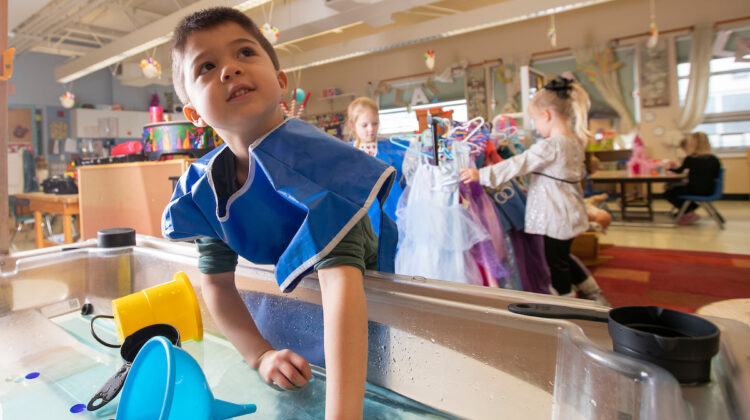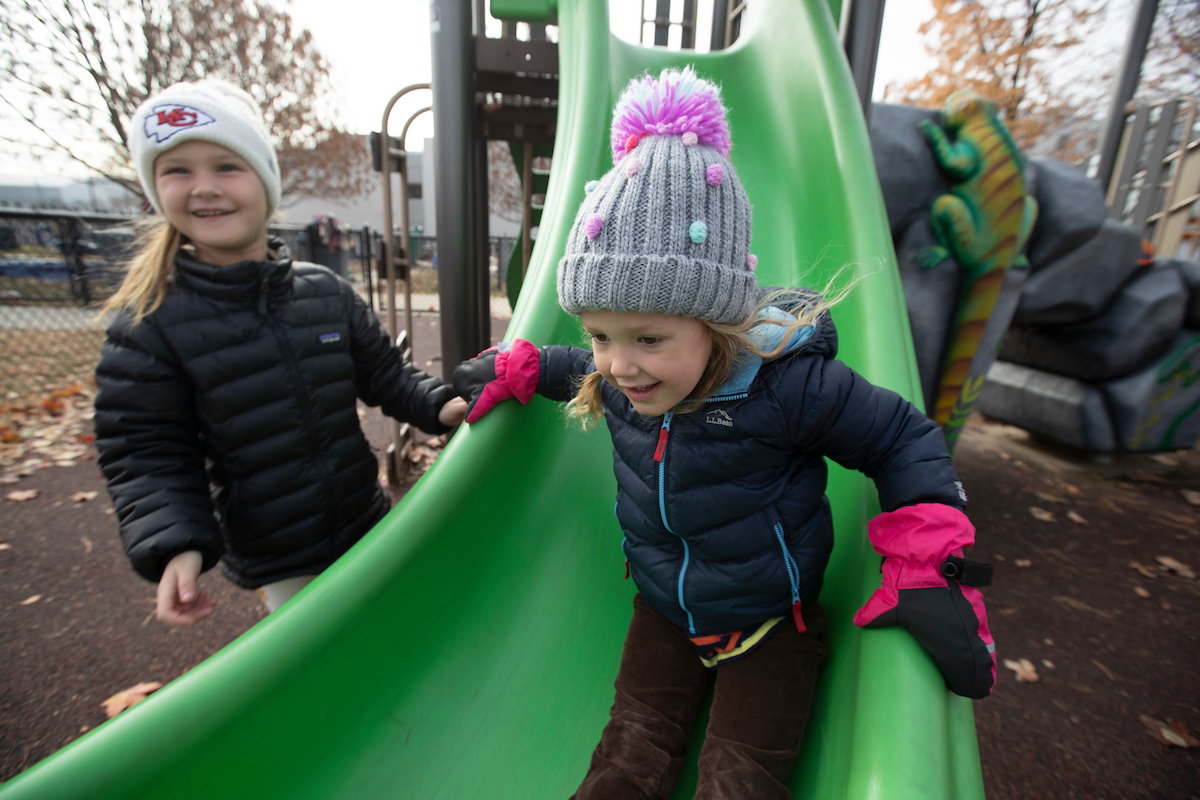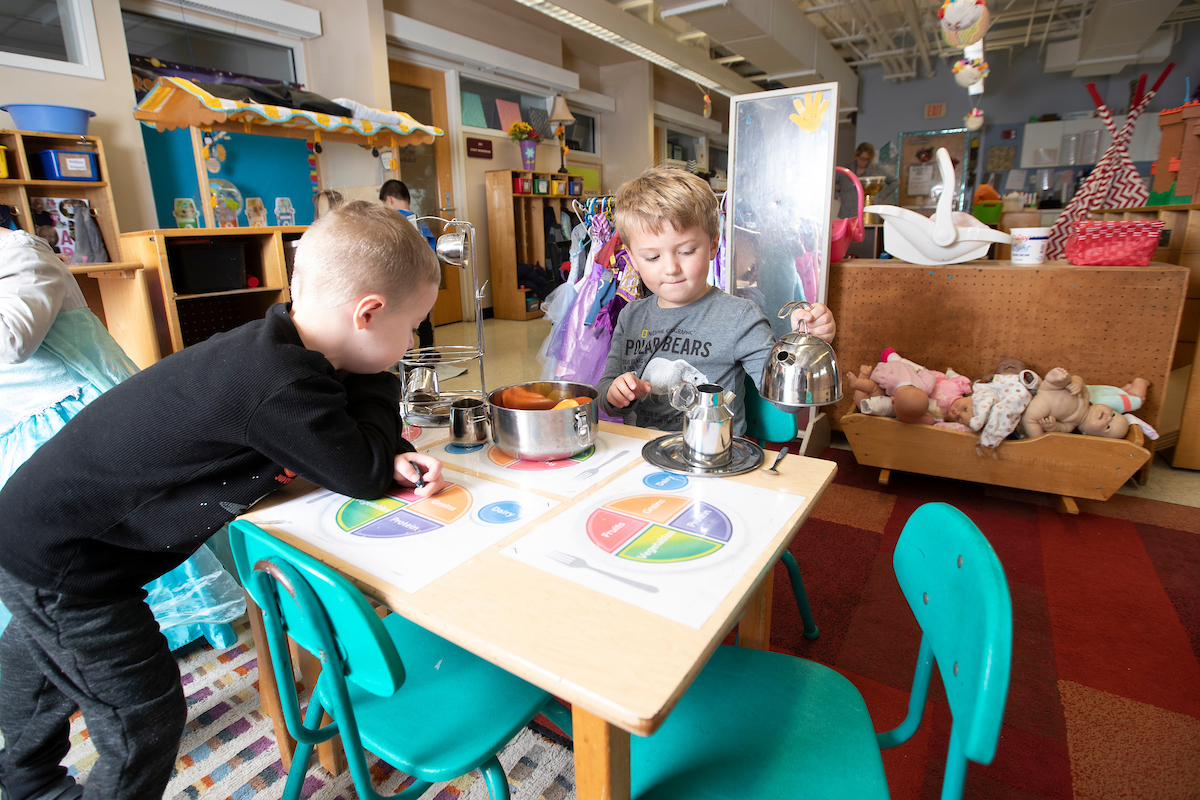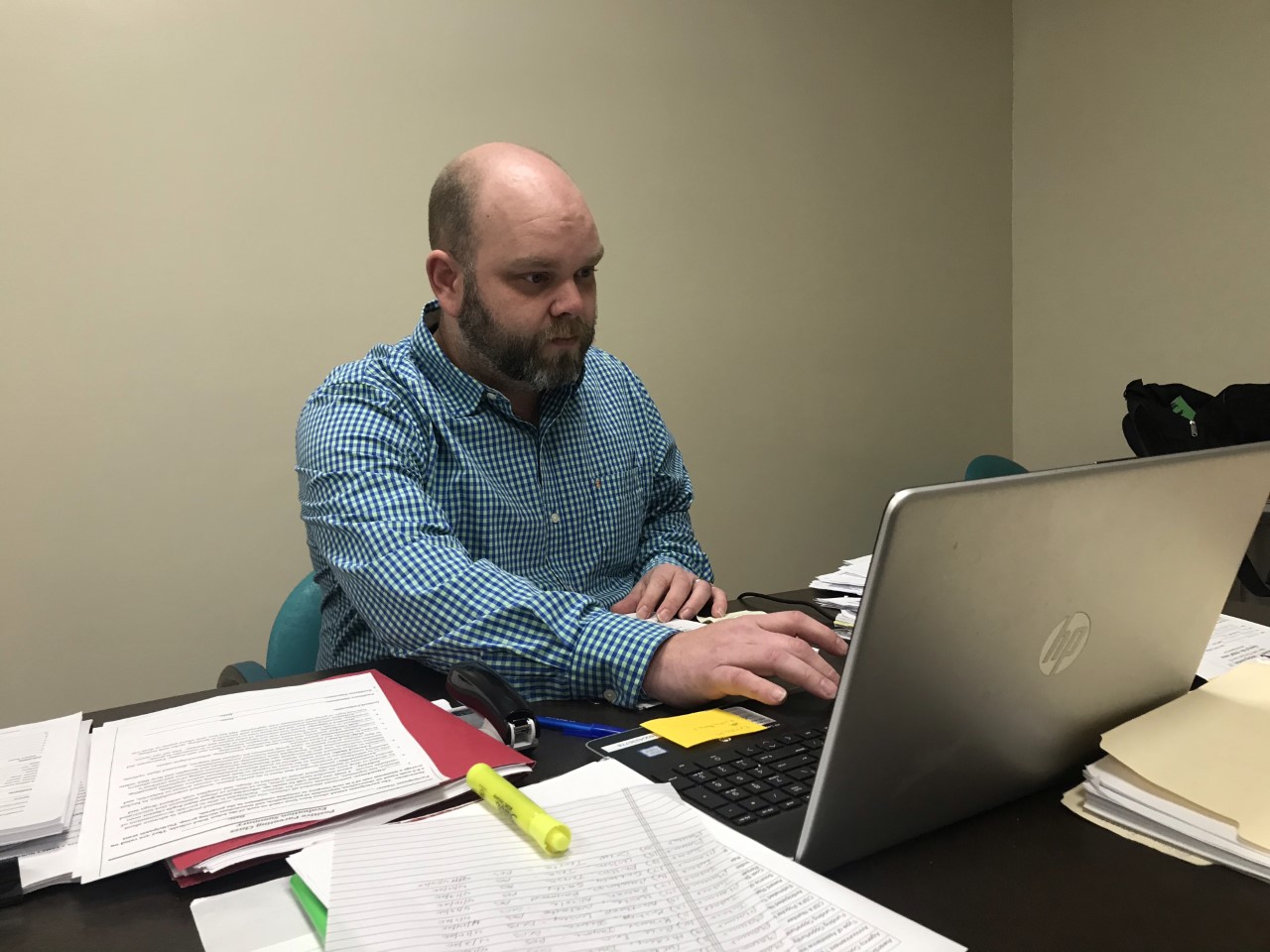The world of education is extremely diverse. No two students share the same background, culture and experiences. As a result, each can benefit from the perspectives of their peers.
The College of Education aims to effectively teach culturally-diverse students—and prepare teacher candidates to do the same.
“Diversity strengthens our community and enriches our lives,” COE Dean David Hough said. “It undergirds our many teacher preparation programs as we strive to develop educators who can teach all children.”
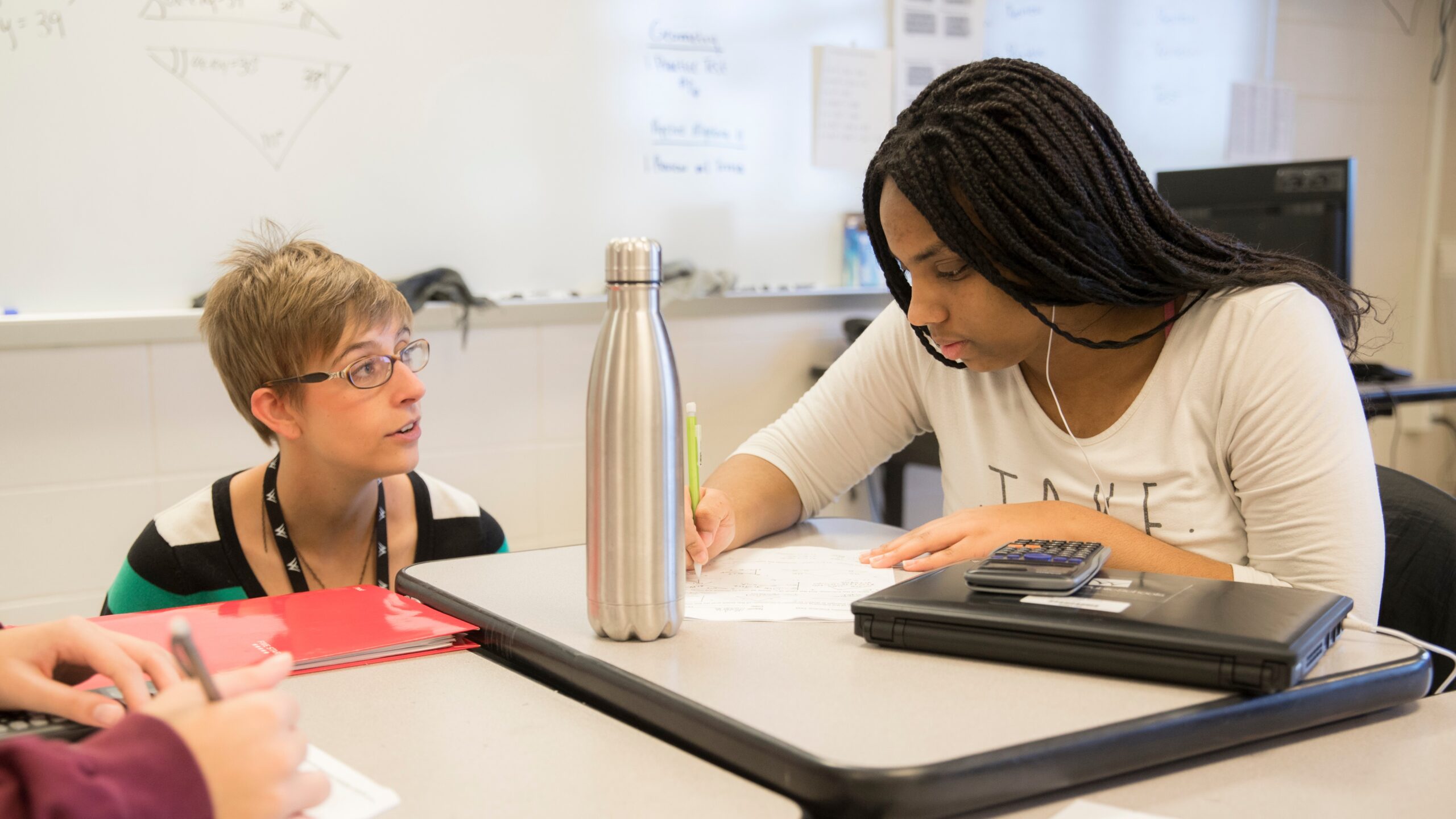
Diversity initiatives
Several COE diversity initiatives are in place to continue building a culturally-competent experience for pupils to come.
- Bear Partnership seeks to increase the number of COE students from underrepresented backgrounds. Last year, 17 students attended the week-long campus residential program. This summer, 29 students were scheduled to attend. Due to the pandemic, however, it could not take place.
- A recruiter in Mobile, Alabama, engages Black high school students to consider MSU for studying education.
- Dean Hough regularly travels to the University of Arkansas, Little Rock; the University of Arkansas, Pine Bluff; the University of Memphis; Alabama State University; and the University of South Alabama, in an effort to recruit diverse faculty. The diverse faculty recruitment rate improved by 33% in the last six years.
- COE regularly finances six to eight faculty members to participate in a St. Louis diversity conference every year.
Further details regarding COE’s diversity initiatives can be found on the Missouri State website.

Faculty engagement
Conversations surrounding diversity don’t stop there.
Dr. Nathan Quinn is a senior instructor for the counseling, leadership and special education department—and part of MSU’s Educator Preparation Provider Council (EPPC). The council ensures education programs at the university meet state and national guidelines in preparing qualified school personnel.
As chairperson for the EPPC’s diversity subcommittee, Quinn leads a team in examining diversity issues within the education department.
“I believe we’re doing a good job, but we need to increase our diverse students within the College of Education,” Quinn said. “It’s a matter of continuing to identify those students to come to our university.”
Dr. Dennis Rudnick, assistant professor in the reading, foundations and technology department, teaches Introduction to Multicultural Education. It’s a course requirement for MSU teacher candidates. Rudnick says the course plays an important role in diversity issues in education.
“Its goal is to enable future teachers to become more aware of and responsive to these complex dynamics underlying education in the United States,” Rudnick said. “In return, they can best advocate for the students, schools and communities they will serve as professionals.”
Dr. Elizabeth King, assistant professor in the child and family development department, added the college’s efforts to increase diversity requires continuous engagement.
“If we’re doing it right, it’s not an initiative,” King said. “It’s sustained, active work in every space we hold.”


